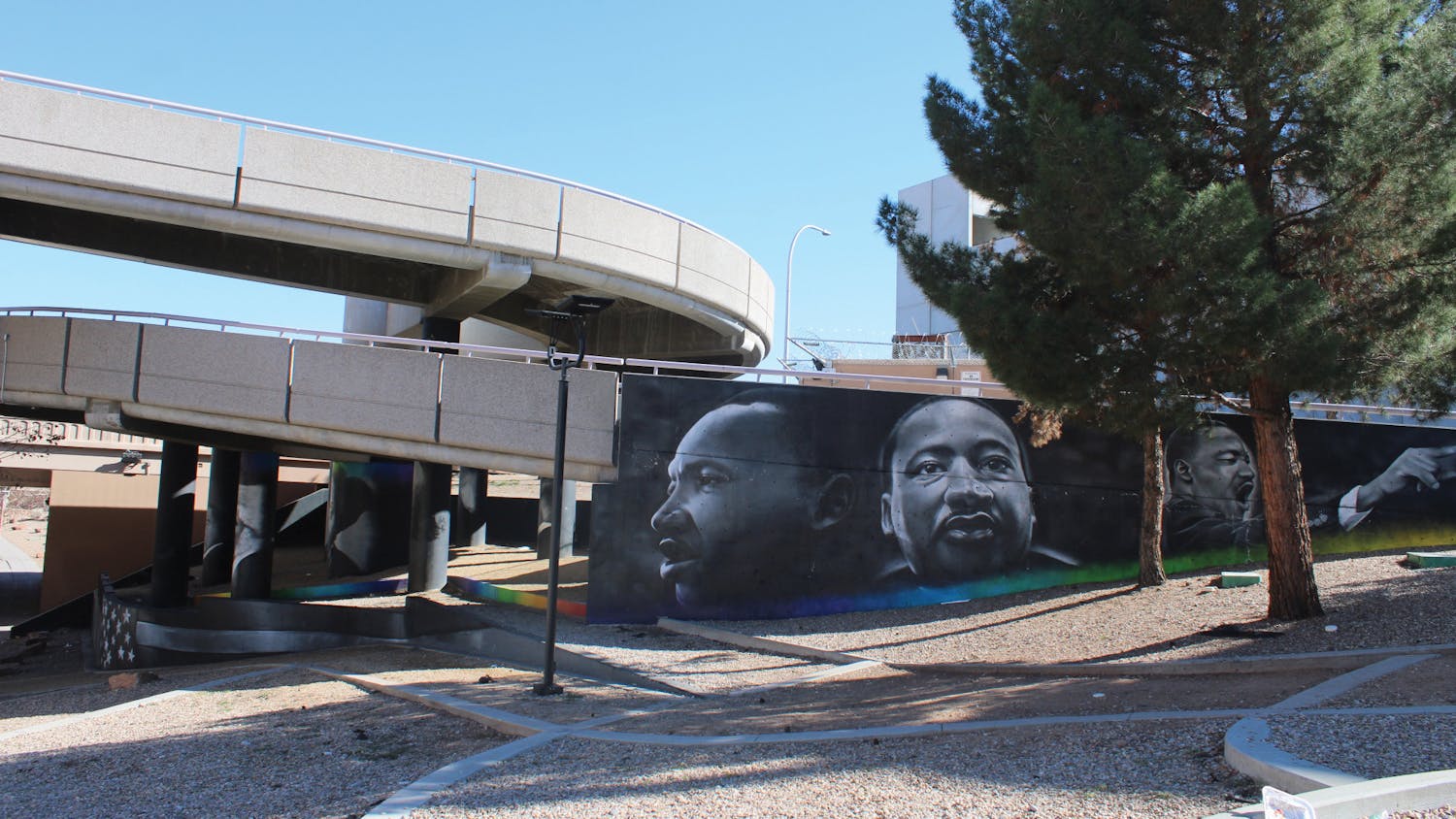After 18 grueling months of election campaigning, America shocked the world and elected Donald J. Trump as its 45th president. For the fourth time in American history, and the second time in 16 years, Trump won the presidency despite receiving less votes overall than Hillary Clinton. To recap, Trump got 290 electoral votes and Clinton got 228.
Throughout the 2016 presidential campaign, Trump repeatedly stated that the electoral system was “rigged.” In fact, I think I heard that word more often than any other throughout the campaign. It became a theme in Trump’s temper tantrums. I don’t agree or stand for anything he’s said in the campaign, but I think he has a point here. It’s worth noting that I’ve always considered myself a Republican.
What does it say about our democracy when the popular vote doesn’t win the presidency? Granted, it wasn’t by much, but still. Is it truly a democracy? It’s rather ironic when Trump slammed the election process throughout the campaign, and the electoral college specifically in the past, but now calls it “genius.”
There were commercials telling people to go out out and vote, and viral videos on social media with celebrities telling us that if we care about our future, we should get out and vote. But what if our vote is irrelevant because of the electoral college?
Let’s say you voted in Texas, which has 38 electoral votes. A majority of Texans voted for Donald Trump and Mike Pence. So if you voted for Clinton in Texas, you could argue that your vote was entirely irrelevant. The same could be said for someone who voted for Trump in California, New Mexico or Colorado, which all voted democratic as they tend to do. If your vote is irrelevant, is that truly a democracy?
So how did we end up with such a ridiculous and controversial system? And how is it that such a system has only stirred up controversy three times since our country’s founding?
It turns out that the Electoral College is a compromise of the popular vote and the election of a president through Congress. I highly doubt they intended to come up with a system where Trump ended up becoming our president. I think they’d be turning in their graves if they knew how this election turned out.
Alexander Hamilton wrote in the Federalist Papers that the Constitution is intended so “that the office of President will never fall to the lot of any man who is not in an eminent degree endowed with the requisite qualifications.” It sounds like to me that this system was designed to prevent someone as unqualified and unfit to be president as Trump from actually becoming president.
The last time a candidate who received more in the popular vote and didn’t become president was in 2000, when Al Gore received about 540,000 more votes overall, but lost in electoral votes to George W. Bush, 271 to 266. We all know how that election ended and the events that followed.
Considering Donald Trump’s lack of character and moral value, and despite having repeatedly criticized the election system as being “rigged” throughout the campaign, I highly doubt he or Congress will make any changes to the Electoral College. I mean, why make changes if you win? What’s the point?
If this election outcome has proven anything, it’s that it is time to get rid of the Electoral College. It’s not truly representative of the American people. Votes are still being counted a week after the election, and Hillary Clinton is still winning the popular vote. How can we preach democracy around the world if our system doesn’t allow the popular vote winner to be our next president? It’s time.
Jon Lofquist is a columnist for the Daily Lobo. He can be reached at news@dailylobo.com.
Get content from The Daily Lobo delivered to your inbox





